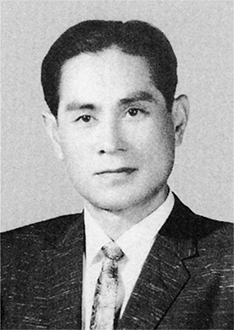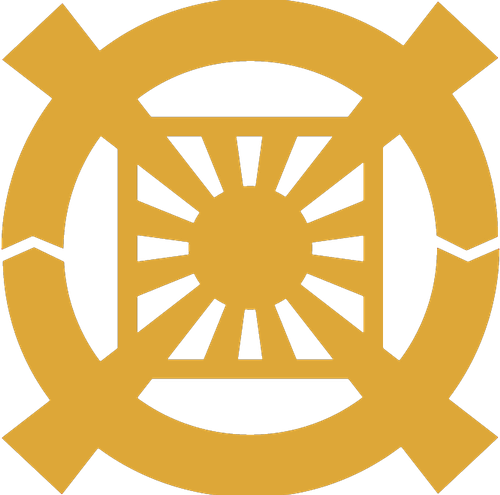It was explained above that the Renaissance grew out of the external pursuits of the original nature. What values were the medieval people pursuing?
Why and how did they pursue these values?
According to the Principle of Creation, we are created to attain perfection by fulfilling our given responsibility of our own free will, without God’s direct assistance. We are then to attain oneness with God and acquire true autonomy.
Therefore, it is the calling of our original nature to pursue freedom and autonomy.
A person of perfect character understands the Will of God and puts it into practice through his own insight and reason, without the need to rely on revelations from God. Hence, it is only natural that we pursue reason and understanding. We also are endowed with the God-given right to master the natural world, to tame and cultivate it in order to create a pleasant living environment, by investigating the hidden laws of nature through science. Hence, we value the natural world, pursue science, and esteem the practical life.
In medieval feudal society, the original human nature had long been repressed. Hence, people were all the more ardent in their pursuit of these values, which arose from the external promptings of their original nature. They began to probe into the classical heritage of Hellenism, which they imported from the Muslims as a result of expanded contacts with the East after the Crusades.
The classical Greeks and Romans had pursued the external aspirations of the original human nature. They valued freedom, autonomy, reason, the natural world and the practical life. They developed the sciences to a considerable degree. Since these were in full accord with the desire of the original nature in medieval man, the movement to revive the ancient heritage of Hellenism caught fire. Renaissance humanism thus rose to prominence.
The Renaissance came to life in fourteenth-century Italy, which was the center of the study of the classical Hellenic heritage. Though it began as a movement imitating the thought and life of ancient Greece and Rome, it soon developed into a wider movement which transformed the medieval way of life.
It expanded beyond the sphere of culture to encompass every aspect of society, including politics, economic life and religion. In fact, it became the external driving force for the construction of the modern world.




